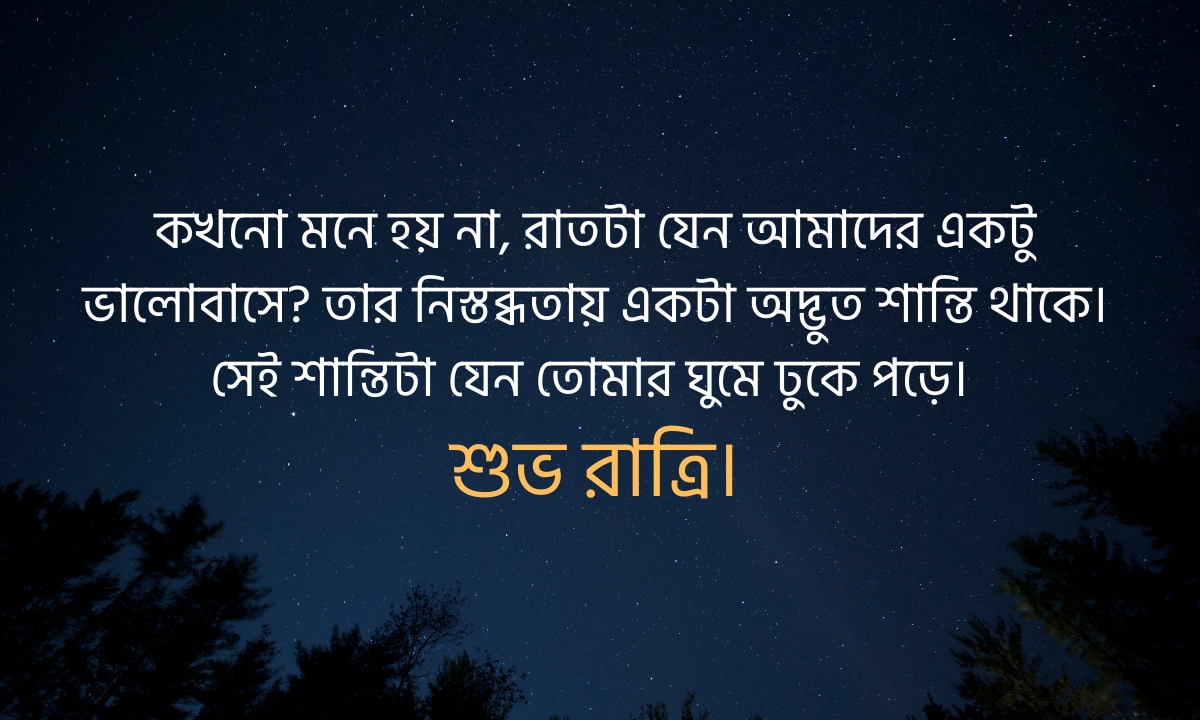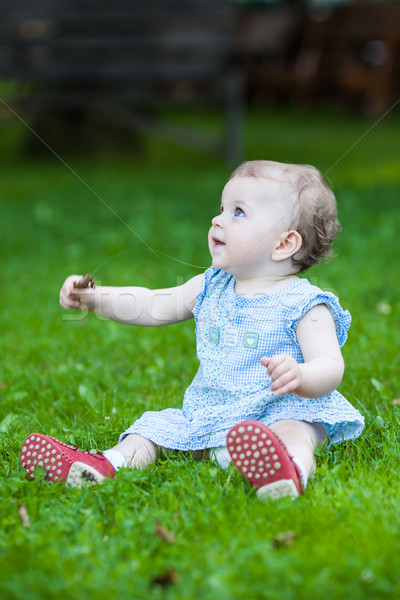The index tips.wapka.site
T I P S
আল্লাহ প্রার্থনাকারীকে পছন্দ করেন
আনাস (রা.) থেকে বর্ণিত, তিনি বলেন, আমি রাসুলুল্লাহ (সা.)-কে বলতে শুনেছি, মহান আল্লাহ বলেন, ‘হে আদম সন্তান! তুমি যত দিন পর্যন্ত আমার কাছে দোয়া করতে থাকবে এবং ক্ষমা প্রার্থনা করতে থাকবে, আমি তত দিন তোমার গুনাহ মাফ করতে থাকব, তুমি যা-ই করে থাকো আমি সেদিকে ভ্রুক্ষেপ করব না। হে আদম সন্তান! তোমার গুনাহ যদি আকাশের উচ্চতা পর্যন্তও পৌঁছে যায়, অতঃপর তুমি আমার কাছে ক্ষমা চাও, তবু আমি তোমাকে ক্ষমা করব, আমি সেদিকে ভ্রুক্ষেপ করব না। হে আদম সন্তান! তুমি যদি পৃথিবী পরিমাণ গুনাহ নিয়ে আমার কাছে আসো এবং আমার সঙ্গে কোনো কিছুকে শরিক না করে থাকো, তাহলে আমিও সমপরিমাণ ক্ষমা নিয়ে তোমার কাছে আসব।’
(সুনানে তিরমিজি, হাদিস : ৩৫৪০)
আসসালামু আলাইকুম, শুভ রাত্রি
কখনো মনে হয় না, রাতটা যেন আমাদের একটু ভালোবাসে? তার নিস্তব্ধতায় একটা অদ্ভুত শান্তি থাকে। সেই শান্তিটা যেন তোমার ঘুমে ঢুকে পড়ে। শুভ রাত্রি।
Oshi 'Child Love
Oshi 'Child Love - Cute Baby Playing with Pink Towel' Poster (Paper 30.48 cms x 45.72 cms)
Pest or pet? A brown rat (Rattus norvegicus) perched on a branch.
brown rat, (Rattus norvegicus), species of rat found on every continent except Antarctica. The alternate name “Norway rat” came from a false hypothesis widely believed in 18th-century England that the rats were native to Norway. Research has confirmed, however, that the brown rat is native to Asia, specifically northern China or Mongolia. Outside its native region the brown rat is a largely disliked pest and an invasive species, though the animal is widely used in biomedical research and is sometimes kept as a pet.
Rummaging for grainA brown, or Norway, rat (Rattus norvegicus).
It is thought that as agriculture developed in China, brown rats began living close to farms, where a consistent source of food was present. From there, the species likely spread gradually to southeastern Asia, then north to Japan and Russia, before moving westward to Europe by the mid-1500s. Scientists have theorized that as Western Europe colonized other parts of the world, the brown rat followed. The animals likely reached North America about 1750. According to recent research on rats in New York City, most brown rats living in the eastern United States, South America, Africa, and New Zealand descended from the rats of Western Europe. Scientists were surprised by the lack of genetic diversity in the New York City rats; it seemed as though even if brown rats were arriving from elsewhere on ships and other transport, the established population of rats were rejecting the newcomers aggressively enough that these foreign communities could not thrive. This aggression has likely aided brown rats in their global spread as an invasive species.
Post Screenshot
Tips









